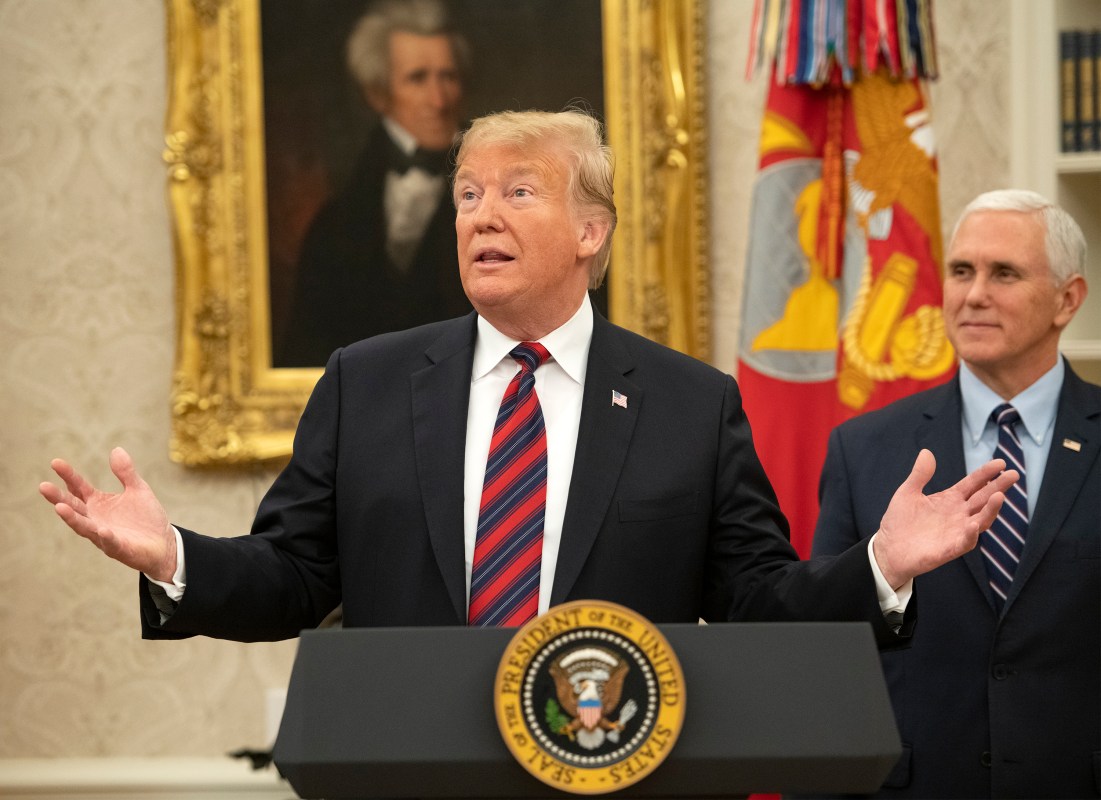President Bill Clinton announced that terrorism was a national emergency in 1995 — a declaration that never ended.
Clinton’s statement came after a wave of Palestinian suicide bombings rocked Israel, forcing the president to sign Executive Order 12947, which named several groups as “an unusual and extraordinary threat” to U.S. national security. That declaration still stands today and was recently renewed by Donald Trump.
There’s another long-standing declaration, one that Jimmy Carter initiated some 40 years ago during the Iranian hostage crisis of 1979.
That most Americans could live in a “national emergency” for 40 years without noticing says something about the broad, or, as The Atlantic put it, “insidious” expansion of emergency powers.
There are, actually, about 30 national emergencies still in effect in response to everything from unrest in Burundi to the movement of vessels near Cuba. What’s common ground in all of these scenarios — which would include Trump’s flirting with declaring his own emergency over a lack of support and funding for his border wall — is the allowance such a declaration gives a president to exercise powers not otherwise granted to him by Congress, according to The Atlantic.
The magazine wrote that, “The common-usage meaning of emergency as something sudden, extraordinary, and, above all, temporary should be an important prerequisite to letting the president bypass Congress.”
Declarations of an “emergency” are intended — and should only be used — for catastrophic events like a natural disaster that requires immediate attention, because when misused, the proclamation “undermines constitutional safeguards to keep giving the president extraordinary powers in circumstances that have long since become ordinary.”
“States of emergency that last decades are not only a linguistic oxymoron,” Fionnuala Ní Aoláin, a professor at the University of Minnesota Law School who serves as a special rapporteur on countering terrorism to the United Nations Human Rights Council, told The Atlantic. “They function to degrade the rule of law, often consolidate executive powers imperceptibly but distinctly, and more broadly loosen the boundaries between the normal and the exceptional.”
Thanks for reading InsideHook. Sign up for our daily newsletter and be in the know.


















